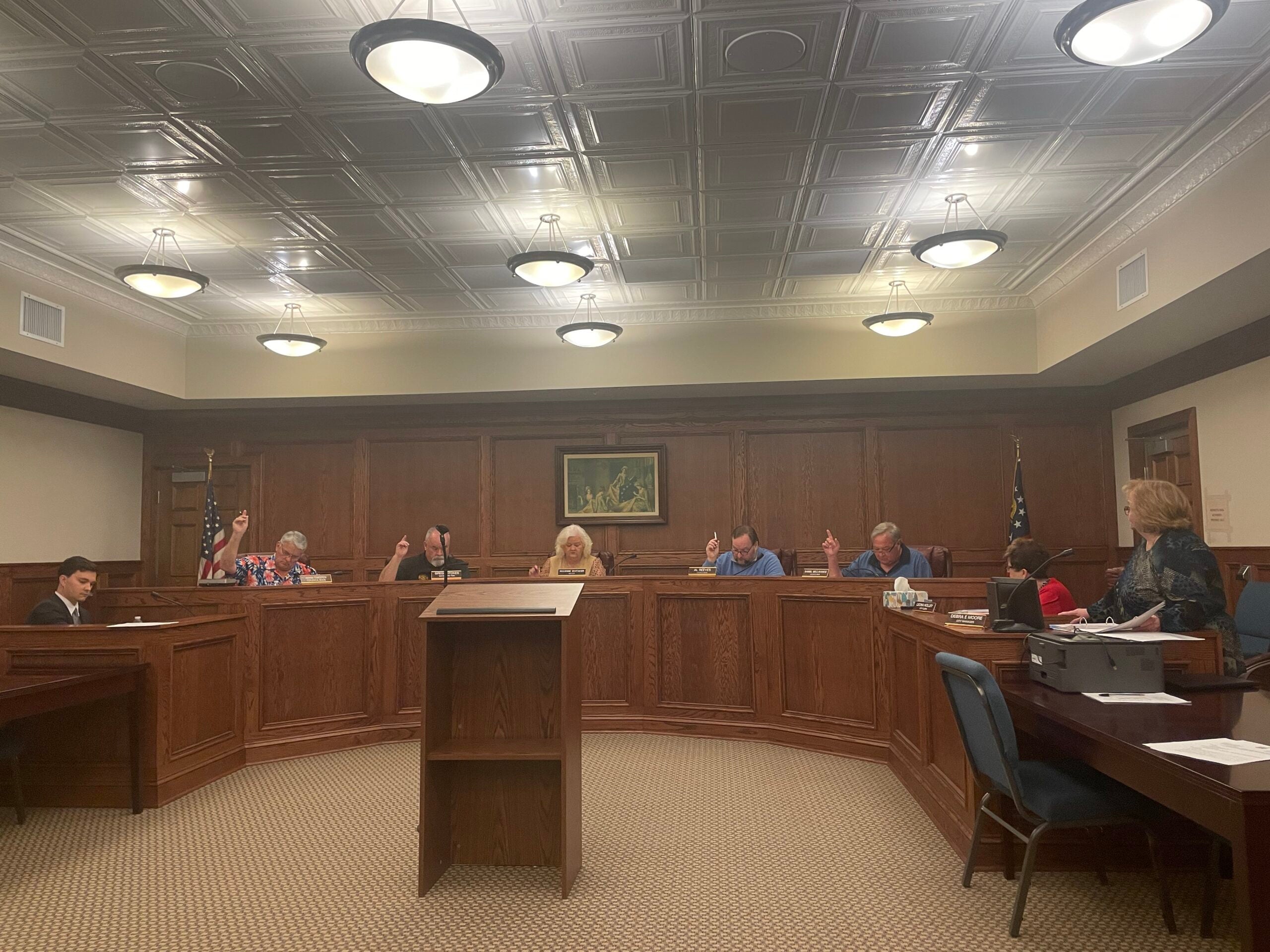During its monthly meeting, Monday evening, Harlem City Council approved returning the balance of a revolving loan fund the city received some 15 years ago.
In 2009, the city successfully applied for Employment Incentive Program (EIP) funds, one of the Georgia Department of Community Affairs’ Community Development Block Grants (CDBG). The grants are meant to help finance economic development projects, particularly those likely to create jobs and advancement opportunities for low- and moderate-income people.
The state approved the funds for an equipment purchase for Luckey Lady Pecans, Gifts & More, which ultimately resulted in 20 new hires. Luckey Lady has since paid off this loan.
Some of the funds were also approved to go toward other redevelopment initiatives and to remove blighted property.
MORE: Third hopeful enters race for Augusta Superior Court judgeship
The revolving loan fund’s policy requires recipients to make a loan at least every five years. The resolution to reimburse the monies is to bring the city into compliance with the Department of Community Affairs, explained city manager Debra Moore.
“That way, if for whatever reason we have the need for another CDBG loan, we will be in compliance and could be considered,” Moore said. “If it’s something over the next couple years, we’ll have some extra points towards the application.”
As of the end of January, the balance of the revolving loan fund was more than $112,000. The council voted unanimously to reimburse the amount to the Department of Community Affairs, with interest by the end of February.
During the citizens’ comments portion of the meeting, resident Russell Ingram went before the council to propose contributing his W. Forrest Drive property to Harlem High School’s Future Farmers of America (FFA) program.
Ingram is the grandson of the late Jack Hatcher, of that family which owned Harlem’s Hatcher dry goods store.
“We thought that one of the things that would be a great way to honor [my grandfather] and also provide a positive impact on the community, is to work with the high school to see if we can use that part of the property for agriculture related educational purposes,” Ingram said, noting he was seeking counsel from the city on how to proceed.
While councilmembers expressed overall approval of the proposal, Mayor Roxanne Whitaker advised Ingram to confer with the school district and Harlem High’s agriculture teacher Jay Murray.
The council also voted to surplus equipment from the city’s fire department — including pagers, chargers, pants and boots — toward Evans High School’s Fire and Emergency Services CTAE program.
Skyler Q. Andrews is a staff reporter for The Augusta Press. Reach him at skyler@theaugustapress.com.










